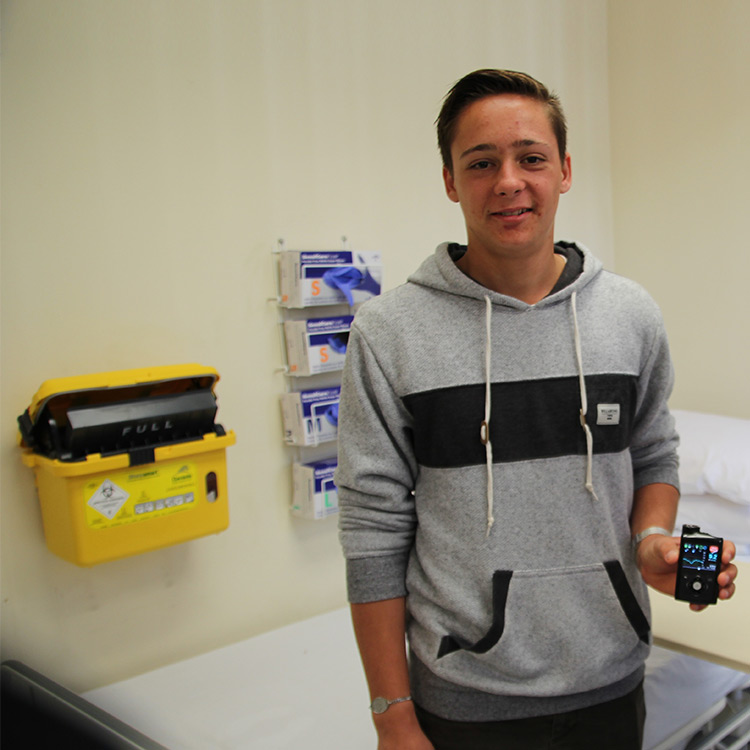Search
Showing results for "1"
Research
Association between male genital anomalies and adult male reproductive disorders: a population-based data linkage study spanning more than 40 yearsWe provide new evidence to support current guidelines for orchidopexy before age 18 months to decrease the risk of future testicular cancer and infertility
Research
What constitutes cerebral palsy in the twenty-first century?The aims of this paper were to (1) define inclusion/exclusion criteria that have been adopted uniformly by surveillance programmes and identify where...

News & Events
Cholesterol and blood pressure drugs help teens with diabetesThe study involved screening young people to learn more about the development of long-term kidney, eye and cardiovascular complications in adolescents with T1D.
Research
Variation in nutrition education practices in SWEET pediatric diabetes centers-an international comparisonNutrition education is central to pediatric type 1 diabetes management. Dietary management guidelines for type 1 diabetes are evidence based, but implementation may be challenging and inconsistent. We describe variation in the practice of nutrition education across pediatric diabetes centers globally and explore associations with A1c and BMI.

News & Events
New clinics for younger childrenIn order to meet the rising needs of all children with type 1 diabetes and their families in WA, PCH's Diabetes Service will offer additional clinics in 2021.

News & Events
Back to School: How to pack a healthy lunchbox on a budgetSchool is back for a new year, and with that comes the daily lunchbox preparation.

News & Events
Being active is key to heart healthDid you know that regular exercise can literally add years to the lives of children living with Type 1 Diabetes?
Research
The Cost of Control: Cost-effectiveness Analysis of Hybrid Closed-Loop Therapy in YouthHybrid closed-loop (HCL) therapy is an efficacious management strategy for young people with type 1 diabetes. However, high costs prevent equitable access. We thus sought to evaluate the cost-effectiveness of HCL therapy compared with current care among young people with type 1 diabetes in Australia.

News & Events
Latitudinal gradient in childhood diabetesNew research from Perth's The Kids Research Institute Australia has shown the local relevance of a worldwide pattern of increased risk of childhood type 1 diabetes.

News & Events
Local researchers lead biggest ‘artificial pancreas’ outpatient studyThe Children’s Diabetes Centre at The Kids Research Institute Australia is leading the longest and largest at-home trial of a hybrid closed-loop insulin pump system.
